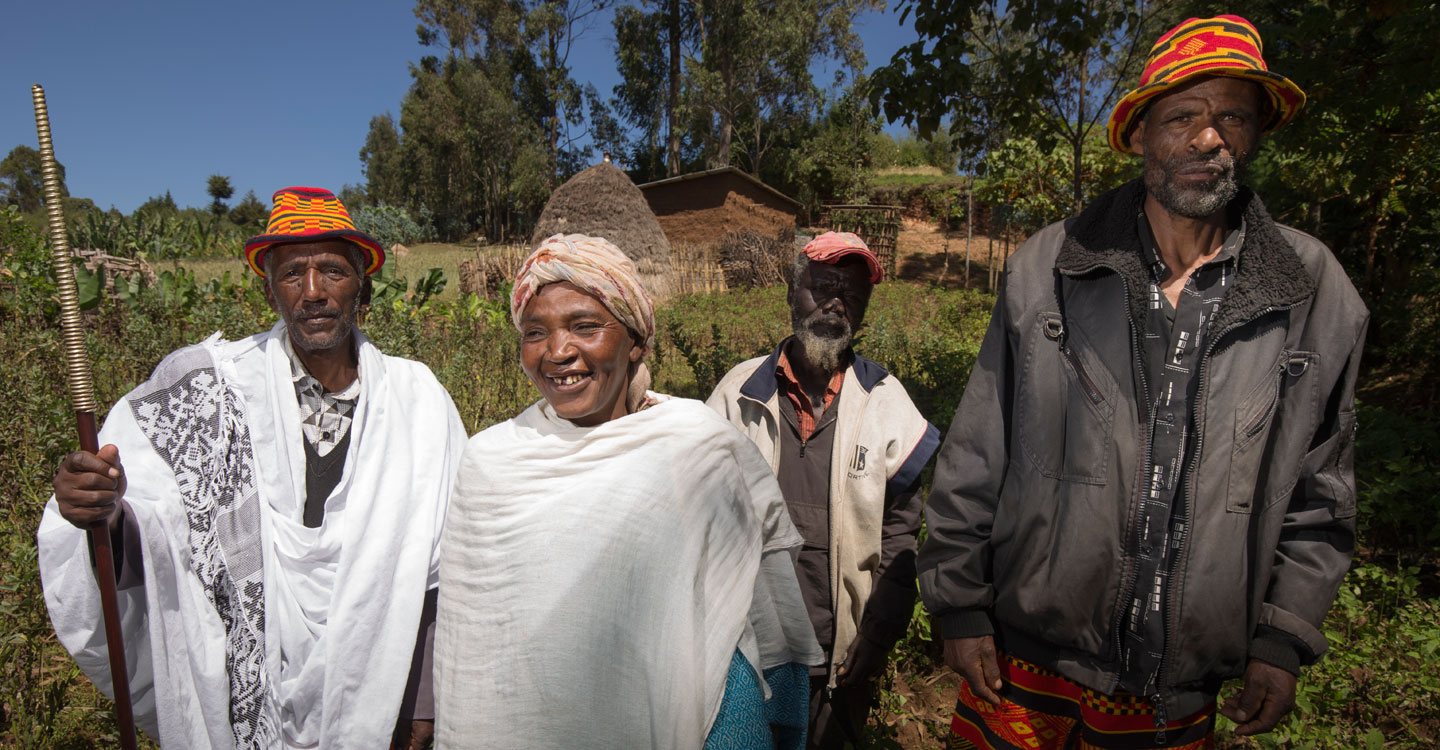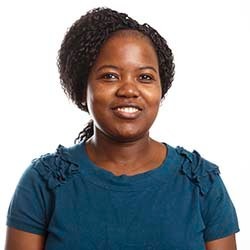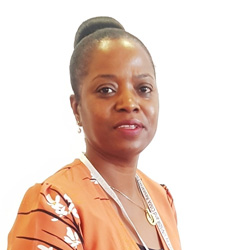Africa is in the eye of the climate change storm. Here is what its people are calling for
IFAD Asset Request Portlet
Asset Publisher
Africa is in the eye of the climate change storm. Here is what its people are calling for
By Paxina Chileshe, Zira Mavunganidze

Despite contributing the least to greenhouse gas emissions, Africa is the most vulnerable continent to the impacts of climate change. In fact, seven of the ten countries that are most at risk are in Africa.
Extreme weather, like prolonged drought in East Africa, is disrupting agricultural cycles, resulting in lower yields, livestock losses and food shortages. As food security is threatened, vulnerable rural people risk going hungry.
The impacts of climate change extend far beyond food and nutrition. When Cyclone Freddy tore through Malawi in 2022, it displaced 500,000 people, caused severe flooding and destroyed homes, schools, health facilities, roads, irrigation canals and other vital infrastructure.
As areas become unliveable, people migrate from rural areas towards urban centres, like in Ethiopia, where recurrent drought has led to internal displacement. This has social and economic implications, both in the places they leave and the places they migrate towards, including strained services like healthcare and education. By 2050, over 100 million people in Africa could be displaced due to climate change.
Competition over dwindling natural resources, like water and grazing land, can lead to conflict and tensions among communities. Meanwhile, climate change impacts health, including mental health which, in turn, can increase violence.
 |
| Lake Chad is a major source of freshwater. Once one of Africa’s largest lakes, it has shrunk by around 90 per cent since the 1960s. © Copernicus Sentinel data, processed by ESA |
As landscapes change and environments degrade, cultural practices and traditional knowledge that are deeply intertwined with the environment are also affected. This loss of cultural heritage can have profound implications for identity and community cohesion. In the Sahel, desertification and land degradation are eroding the traditional agro-pastoral practices of indigenous communities, like the Tuareg, leading to a loss of cultural heritage and weakening community bonds.
With such far-ranging and extreme impacts, what are people in Africa demanding from the world?
African Leaders
African leaders are calling for increased climate finance to adapt to climate change. While COP27 culminated in the establishment of a historic loss and damage fund, leaders in Africa urgently need funding to build climate resilience, transition to clean energy and implement sustainable development projects. Current levels of climate finance fall far below needs. Africa needs US$ 250 billion in climate finance per year, yet only received about 12 per cent of this in 2020. Debt relief could free up funds for African countries to respond to the climate crisis.
Leaders in Africa are also calling on rich countries to fulfil promises to reduce their emissions. Africa is bearing the brunt of climate change impacts without having reaped the financial rewards of environmental and natural resources exploitation. Global governance systems need to be reformed to take this into account, while ensuring greater representation and decision-making power for African countries.
Rural Africans
 |
| A farmer in Ethiopia and his cattle. © FAO/Michael Tewelde |
Small-scale farmers in Africa are on the frontlines of climate change. They are battling its impacts every day, while feeding their communities and driving rural economies. To continue doing this, they need the world to invest in them.
By improving their access to financial services, training them on sustainable farming techniques, and building climate-resilient rural infrastructure, such as roads and water management systems, they can continue driving their own sustainable development, even in the face of climate change.
Last but not least, they are demanding their rights to land ownership and clean water so they can continue managing and protecting their traditional territories.
What now and what’s next?
For its part, IFAD is mobilizing climate finance from a variety of sources, including the Green Climate Fund, Global Environment Facility and its flagship ASAP programme.
We promote climate-smart agricultural practices, including community-led nature-based solutions and climate-tolerant crop varieties, to reduce greenhouse gas emissions and enhance resilience.
 |
| Much more needs to be done to secure a climate-resilient future for Africa. © FAO/Arete/Ismail Taxta |
Early warning systems, like weather forecasts, enable farmers to make informed decisions. For example, access to climate information in Mozambique through the PROCAVA programme has helped more than 3,587 farmers improve their planning and select better crops to cultivate.
IFAD helps set up renewable energy sources in rural areas, such as PRIDE-supported solar powered irrigation systems in Malawi. This reduces dependency on fossil fuels, mitigates emissions and improves access to clean energy for rural communities.
While the world is taking steps in the right direction, there is much more to be done to secure a climate-resilient future for Africa, including encouraging the private sector to invest in climate-resilient projects and sustainable initiatives.
Most importantly, countries must step up their investments in rural people in order to secure a brighter future—for people in Africa and across the world.
Publication date: 31 August 2023
